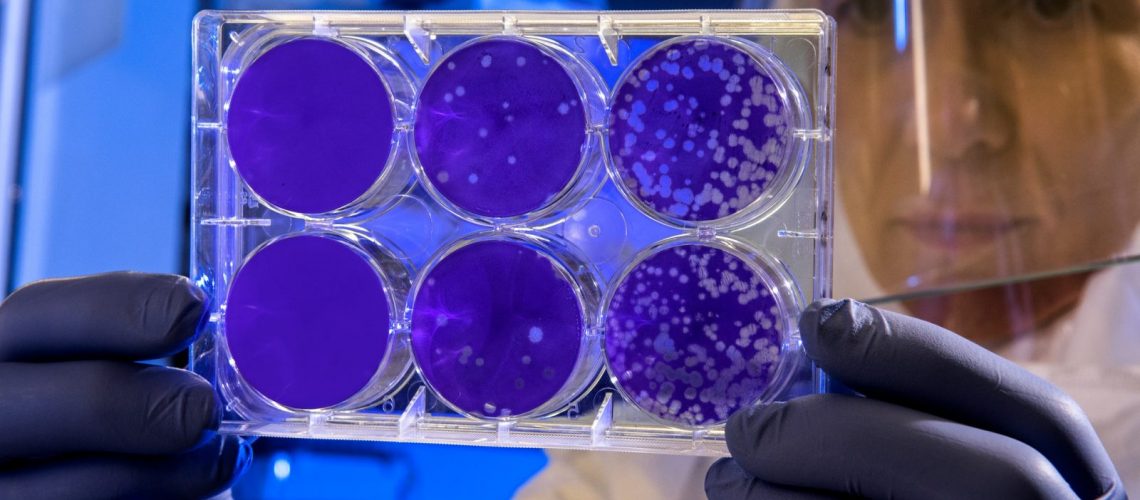E. Coli If you are one of the millions of Americans who love hamburgers, you might want to know a little more about what goes into the ground meat you are eating. It seems like more and more of my patients come to me with questions regarding E. coli and whether they should be concerned.
The truth is much of the food you eat goes straight to your kitchens and grocery stores without being properly tested to ensure its safety. Most of the time people trust the system to produce meat and other foods that are inspected and safe for consumption. No one expects to become ill because proper inspection practices are not in place. Unfortunately the E. coli strain infects about 70,000 Americans and kills over 50 a year.
If the U.S. Department of Agriculture is remiss in its responsibility to consumers, what can you do to protect yourself from infection? I tell my patients to be careful when it comes to how they cook their meat, what and where it originates, and symptoms associated with E. coli contamination. Let me begin by explaining a little about the E. coli strain and its symptoms.
About 7 days after you are infected with the germ you will experience severe stomach cramps and diarrhea. People infected with E. coli are extremely contagious and should stay home until there is proof that the infection is gone. The dangerous side effect of diarrhea is the loss of fluids and electrolytes which make you feel sick and tired. Diarrhea then turns to bloody stools accompanied by nausea and vomiting. It is important to see your doctor immediately if you think you might be a victim of E. coli.
The only treatment for E. coli contamination is to drink lots of water and watch for complications. If serious dehydration occurs fluids might have to be put into your veins with an IV. Do not take any medications for diarrhea unless your doctor prescribes it because it could be counterproductive and keep your intestines from getting rid of the germ.
Why Ground Beef?
Ground beef is more susceptible to carrying the E. coli germ because it is not just a chunk of meat run through a grinder. It is usually a combination of various grades of meat from different parts of cows and even from different slaughterhouses. What’s worse is that there is no federal requirement for grinders to test their ingredients for the bacteria.
In some cases, hamburgers are made from a mix of trimmings and scraps that are ground together along with the leaner cuts of beef. The low-grade ingredients are cut from areas of the cow that are more likely to have had contact with feces carrying E. coli. Although testing is encouraged by the U.S. Department of Agriculture, it is left to the slaughterhouse to come up with its own safety regulations.
It is easy to see why ground beef is not a completely safe product on the market. Even healthy beef and dairy cattle may carry the E. coli germ in their intestines that can become contaminated when it is ground up and mixed throughout the meat.
What To Do To Avoid E. coli Infection
It may be impossible for you to completely avoid getting E. coli but there are a few things that you can do for your own protection.
• Always wash your hands carefully with soap and water before you begin cooking.
• Cook ground beef completely with no pink showing anywhere.
• Do not eat bites of raw ground beef.
• Do not put cooked meat on a plate that had raw ground beef on it before.
• Cook hamburgers to 155 degrees F or more.
• Do not let meat sit on the counter to defrost. Instead use microwave or refrigerator.
• Wash cutting boards with hot water and soap that have touched raw meat or poultry.
• Keep raw meat and poultry separate from other foods.
• When ordering hamburgers in restaurants, always make sure they are well done so no pink shows through.
• Foods should be kept refrigerated or frozen.
• Leftovers should be refrigerated or thrown away immediately.
Remember the most common way to get E. coli is by eating contaminated food. You can get the germ if you don’t cook at a high temperature, or you don’t cook it long enough. Undercooked beef allows germs to enter your stomach and intestines.
Take responsibility for the food you eat and be careful how you handle and order your food. Before you take the next juicy bite of a hamburger, make sure you have done all you can to make sure it’s free of contaminants. Your health could depend upon it!

